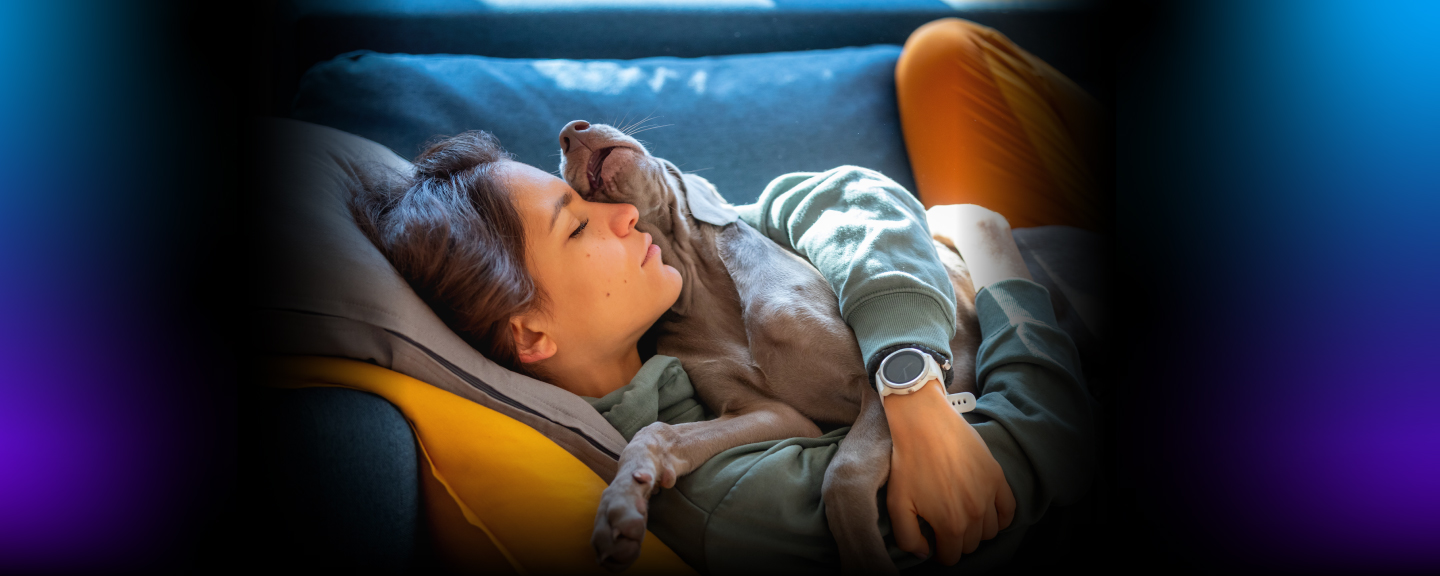Mouth taping is a practice that promotes nasal breathing during sleep, which may improve sleep...
Read More
Living with narcolepsy can make it hard to participate in daily activities. Inspira is here to help.
Narcolepsy is defined by sudden attacks of sleeping that can occur without warning, causing serious disruptions to your daily routine. This chronic sleep disorder results in overwhelming fatigue and an inability to complete tasks or participate in activities.
In some cases, narcolepsy is accompanied by another condition called cataplexy, which results in a sudden loss of muscle tone. This is known as type 1 narcolepsy. Narcolepsy that occurs without cataplexy is called type 2 narcolepsy.
While narcolepsy is characterized by sudden attacks of sleep, it can result in secondary symptoms as well. These symptoms tend to worsen with age, and include:
To determine whether you have narcolepsy, your doctor will try to better understand your sleep patterns. They will conduct a physical examination and gather your medical history. They may also ask you to keep a journal or sleep diary to record your symptoms over a period of a few weeks.
Your doctor may also refer you to a sleep specialist for a sleep study. A polysomnogram, or sleep study, is a comprehensive test that transmits and records specific physical activities while you sleep, such as your heart rate, brain activity, eye movement and oxygen levels, through a series of electronic sensors placed on your legs, head and chest. In order to diagnose narcolepsy, a multiple sleep latency test (MSLT) will need to be conducted the following morning.

Unfortunately, there is no known cure for narcolepsy; however, medications and lifestyle changes can ease symptoms. Treatment options include:
Avoiding caffeine and alcohol can help to regulate your circadian rhythm and ease your symptoms.
Medications to combat fatigue or treat problems with rapid eye movement (REM) sleep can be effective in treating narcolepsy.
Inspira’s team of experienced, board-certified sleep specialists can help you face narcolepsy head-on. At our sleep centers, we use state-of-the-art technology to diagnose and treat your sleep disorder. Our providers practice holistic care, focusing on the patient instead of the disorder, and can guide you in the right direction for your narcolepsy treatment, whether it involves medication, lifestyle changes or both.
At Inspira, care is always close to home with five sleep centers across South Jersey and access to services from specialists across the region.
Our sleep specialists treat patients around South Jersey from state-of-the-art facilities.

Mouth taping is a practice that promotes nasal breathing during sleep, which may improve sleep...
Read More
Waking up in the middle of the night can be frustrating, but picking up your phone or trying to...
Read More
Hurkle-durkle refers to the cozy, mindful act of unwinding before bed, focusing on relaxation and...
Read More